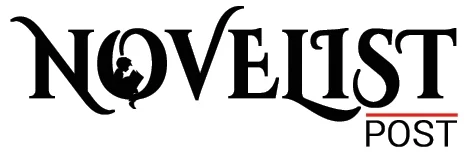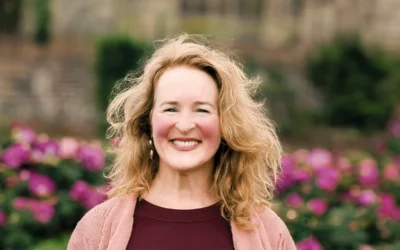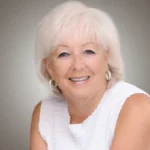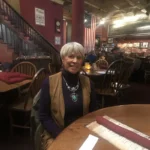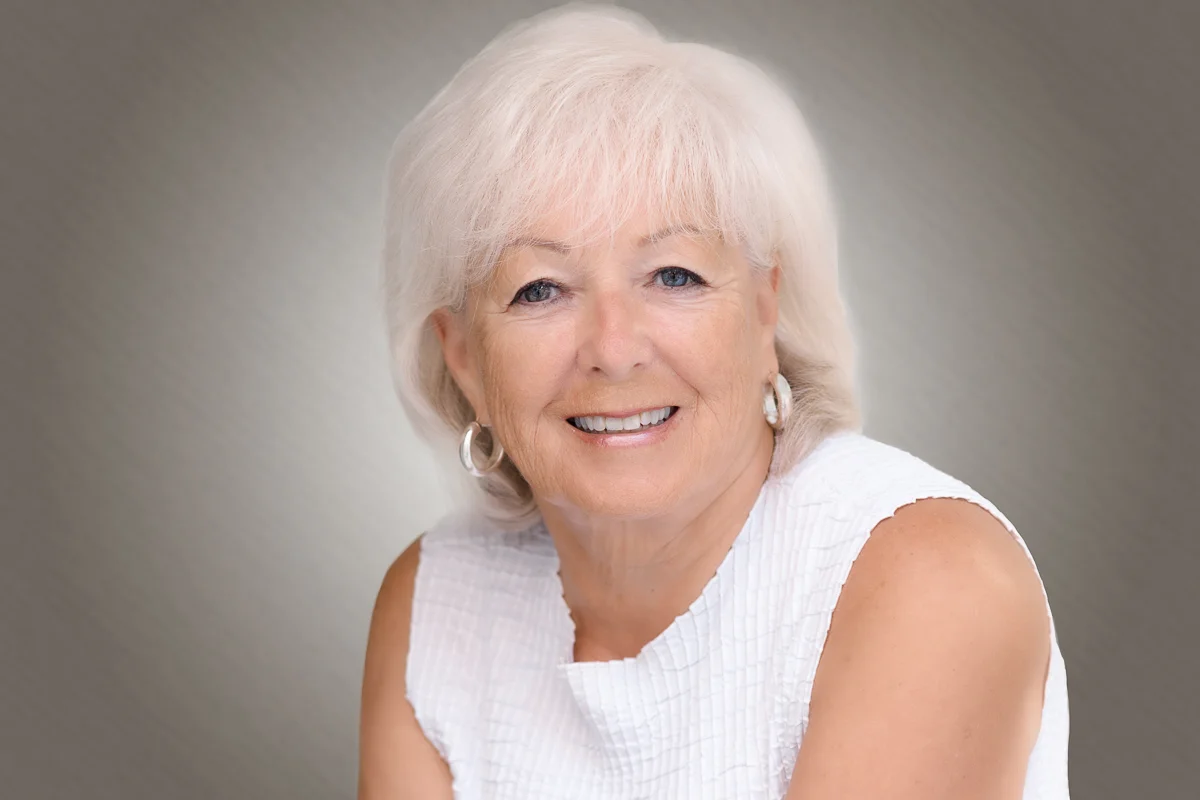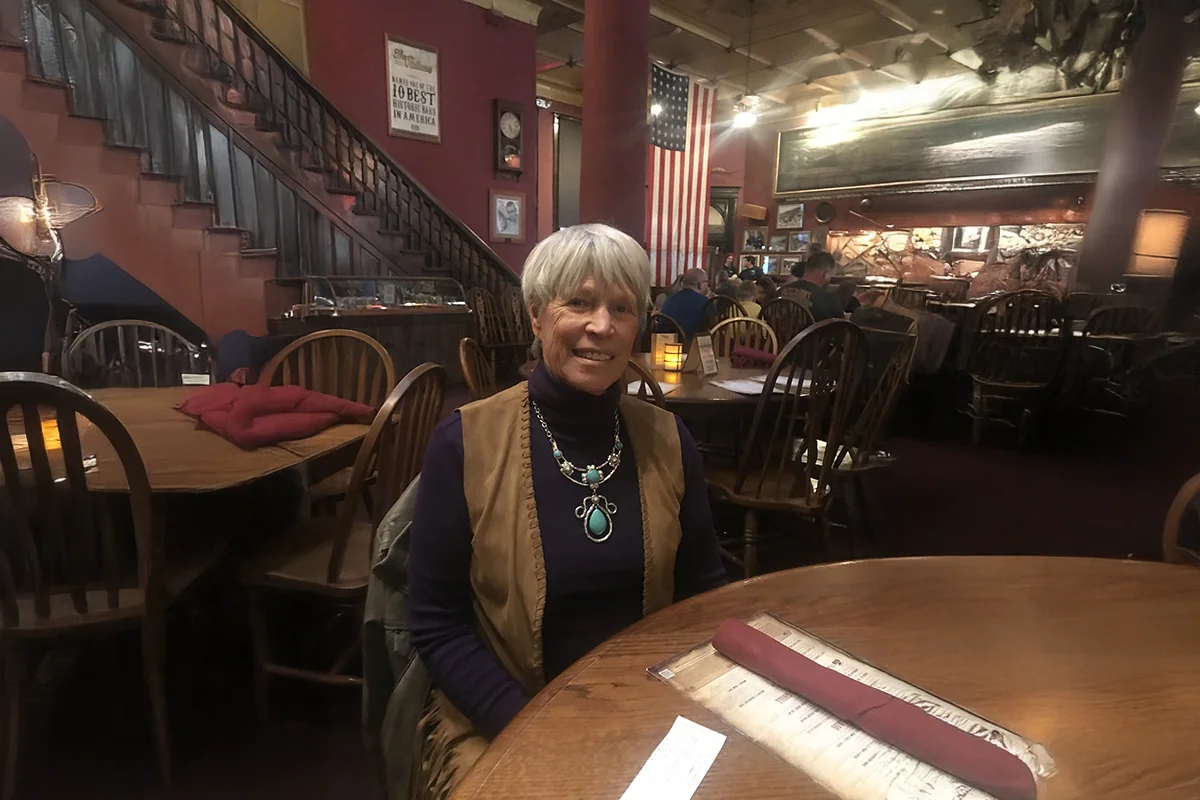Nikki Brooke Explores Identity and Society in Her Dystopian Novel Plagued Lands

PHOTO: Author Nikki Brooke captivates audiences with her debut novel, Plagued Lands, blending bold storytelling with authentic personal reflections.
World-Building Meets Emotional Depth
Nikki Brooke discusses her debut novel Plagued Lands, exploring bisexual representation, world-building, and identity through complex character relationships and societal themes paralleling real-world challenges.
Nikki Brooke is making waves as a bold, imaginative storyteller in the realms of science fiction and fantasy. An Australian author and scriptwriter, she has been lauded for her authentic representation and intricate world-building. Her debut novel, Plagued Lands, is no exception, combining the suspense of a dystopian future with the emotional journey of self-discovery. Her achievements as a finalist in the 7th Annual Launch Pad Prose Competition and a semi-finalist in the ScreenCraft Cinematic Book Competition highlight her talent for captivating audiences and critics alike.
At the heart of Nikki’s work is her commitment to authentic bisexual representation in literature and cinema. Her characters are complex and deeply connected to themes of identity and human experience. Plagued Lands stands out as a story that thought-provokingly challenges the norms, while also joining the ranks of other dystopian favorites with its unique perspective.
In an exclusive interview, Nikki delves into her creative process, the intricacies of balancing detailed world-building with emotional depth, and the personal journey that has influenced her writing. Her insights inspire an understanding of how her work is not only reshaping the genre but also challenging societal expectations.
Influence of Personal Discovery on “Plagued Lands”
When asked how her personal journey of self-discovery as a bisexual influenced her novel, Nikki reveals that it was the characters who impacted her more than vice versa. Originally identifying as straight, she found herself drawn to bisexual characters like Martina, her novel’s protagonist. This spurred an introspective journey, leading her to embrace her bisexuality after years of societal conforming. Through writing, she discovered the fluidity and complexity of sexuality.
Challenges of Authentic Representation
Nikki encountered challenges when ensuring true bisexual representation in both her novel and its film adaptation. Initially influenced by traditional male perspectives on female characters, she had to reframe her approach to Persephone, Martina’s love interest. Nikki’s growth in understanding her own bisexuality paralleled the evolution of her characters, resulting in a more authentic portrayal.
Balancing World-Building and Emotional Depth
The intricate world-building in Plagued Lands is closely tied to Martina’s personal journey. Nikki describes a narrative where revelations about the world occur through Martina’s interactions, avoiding overwhelming information dumps. Presented in the first-person perspective, readers experience Martina’s changing perceptions about the world, which is central to her internal struggles.
Literary Influences and Distinction
Nikki cites influences from popular dystopian works such as The Hunger Games, Want, and Legend, yet distinguishes Plagued Lands with its unique setting—cities enclosed in glass bubbles to ward off external diseases. While sharing themes of corrupt governance and teenage rebellion, Nikki’s narrative stands apart with its original concept.
Character Dynamics and Evolving Relationships
The relationships between Martina, Nathan, and Persephone form a love triangle that, while not central to the plot, enriches the narrative with tension and depth. This dynamic continues to evolve throughout the trilogy, with Nathan and Persephone playing key roles in Martina’s understanding of the world’s truth by providing varied perspectives.
Themes of Choice and Power
Although Nikki conceptualized Plagued Lands pre-pandemic, COVID-19 influenced certain aspects of the novel. Themes of personal choice and medical autonomy resonate with today’s societal challenges, particularly in light of contemporary issues concerning bodily rights. The narrative’s examination of greed and unchecked power within dystopian contexts serves as a relevant caution in modern times.
Through Plagued Lands, Nikki Brooke not only redefines science fiction storytelling but also uses her platform to advocate for inclusion and critical thinking about our societal structures. Her work inspires both personal reflection and a broader discourse on the themes intertwined in her dystopian landscapes.
